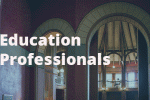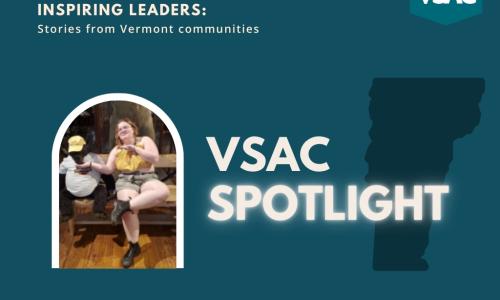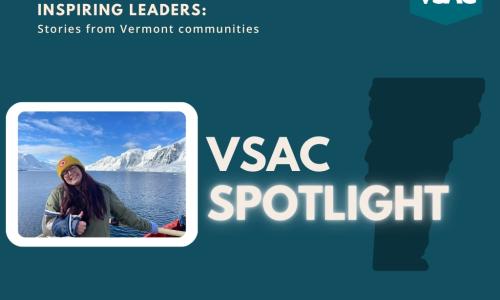Planning for college or training this year? Apply for the Vermont Grant.
Watch Out for Scams in Wake of Student Loan Debt Relief

You’ve probably already heard about the new government plan announced last week that will forgive some federal student loans up to $20,000 and extend the federal student loan payment pause until Dec. 31.
Many borrowers and families may be asking themselves “what do I have to do to claim this relief?” There will be more information announced in the coming months as the U.S. Department of Education finalizes the details outlining eligibility and the process to apply.
VSAC is committed to providing information to families as it becomes available. We will post updates on our website as the U.S. Dept. of Ed. provides them alerting families on how they can apply for loan cancellation and when the application will be ready.
Visit StudentAid.gov/debtrelief for more information. You can also sign up for Department of Education updates to get the latest news. If you’re looking for information on your Pell grant history, you can review your Aid Summary at StudentAid.gov.
Don’t Get Scammed
In the meantime, scammers are also watching the news, so it pays to remember that you don’t need to do anything or pay anybody to sign up for the new loan debt relief program — or the pause.
No one can get you in early, help you jump the line, or guarantee eligibility. And anyone who says they can — or tries to charge you for that advice — is out to scam you. Be aware of potential scammers attempting to impersonate or "spoof" authorities such as government or public agencies. Always exercise caution before you engage with someone seeking information and never give out personal information.
VSAC is teaming with Vermont's Attorney General and others to ensure that no Vermont borrowers fall prey to these scams, and we offer these reminders:
Signs that a company or individual may be trying to scam you.
- They require you to pay up-front or monthly fees for help.
- Promise immediate and total loan forgiveness or cancellation.
- Ask for your Federal Student Aid (FSA) ID.
- Ask you to sign and submit an authorization form or a power of attorney.
- Claim that their offer is limited and encourage you to act immediately.
- Send communications that contain spelling and grammatical errors.
Important steps you can take to avoid scams:
- Never pay a fee for help.
- Keep your Federal Student Aid ID private.
- Watch out for fake government seals or logos.
- Never share sensitive personal information such as your Social Security number.
- Avoid “debt relief” companies that advertise anywhere, including on social media.
- If you believe you may have received a scam call, contact the Attorney General’s Consumer Assistance Program by calling 800-649-2424 or e-mail AGO.CAP@vermont.gov.
- Subscribe to the Federal Trade Commission’s Consumer Alerts to get additional updates on avoiding student loan debt relief scams.
Other relief programs
Also, remember that there’s a whole separate program you might be eligible for: the Public Service Loan Forgiveness (PSFL) program. If you’re eligible, you’ll get federal student loan forgiveness after you have 120 qualifying payments. And until Oct. 31, 2022, the limited waiver offers additional credit for the time that previously didn’t count. Check out the PSLF Help Tool to learn more.
VSAC provides free counseling to all borrowers. VSAC’s financial aid experts walk you through your loan terms, advise you on repayment plans, and much more. For questions about student loans, call 800-798-8722, 8 a.m. to 4:30 p.m., or by email at info@vsac.org. For information on college and career planning and help with financial aid, call 800-642-3177, go to www.vsac.org/FAFSAfirst and check out the online workshops and events.






